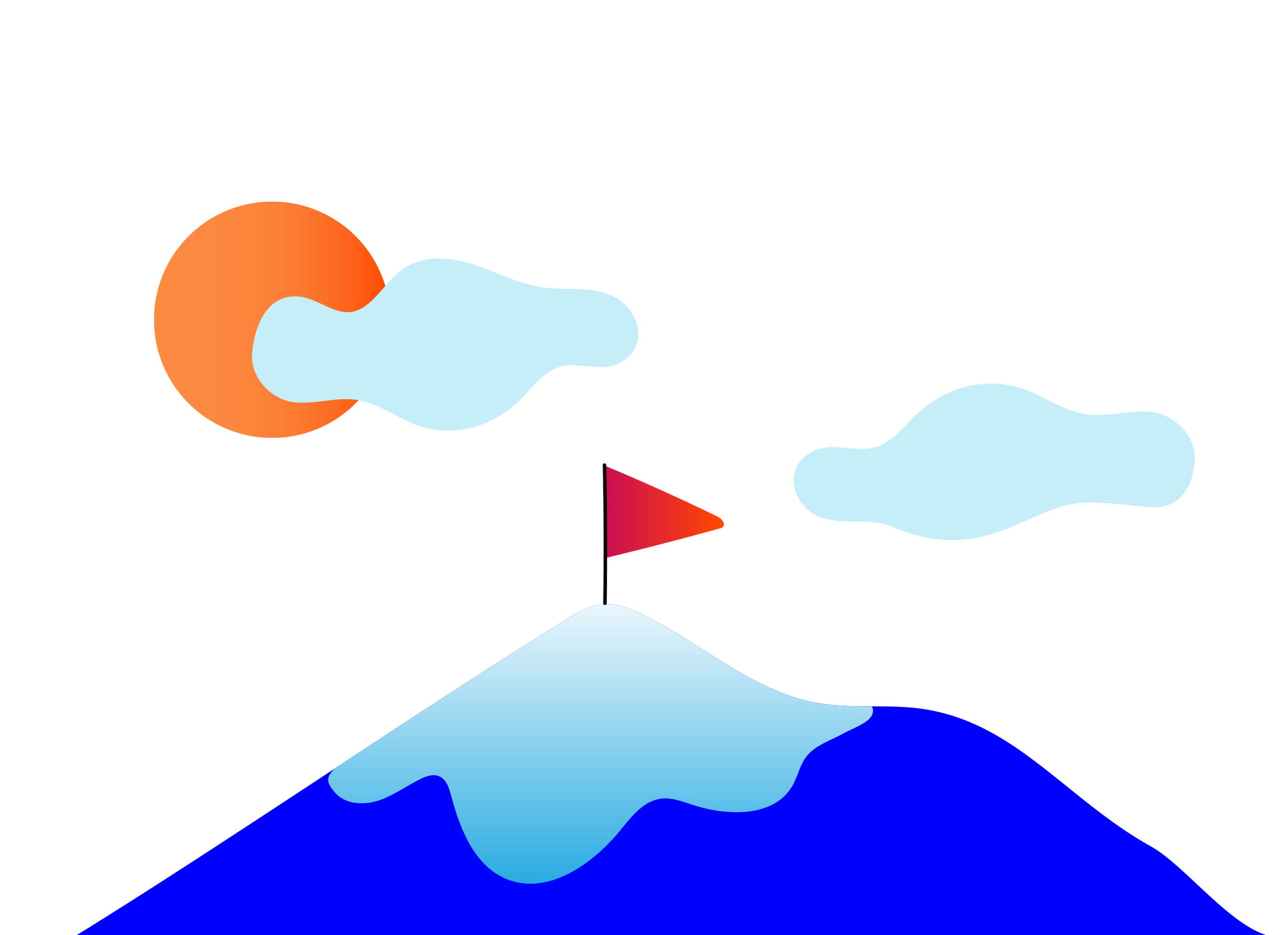Overview of the Icelandic Education System
Education is mandatory for children aged 6-16, after which comes upper secondary education.
Generally, applicants are required to have completed an Icelandic matriculation examination (stúdentspróf) or an equivalent level of study from an upper secondary school to be eligible for admission to undergraduate education.
Secondary Education
Upper secondary education follows lower secondary education which is compulsory. It is not compulsory, but everyone who has had their compulsory education has the right to upper secondary education. There are 4 different types of upper secondary schools in Iceland. They are:
+ Grammar school
Offering three-year-long programmes of study, ending with matriculation exams.
+ Industrial-vocational schools
Theoretical and practical courses in various trades.
+ Comprehensive schools
Offering a mixture of courses with qualities of both a grammar school and an industrial-vocational institution, in addition to specialised vocational programmes.
+ Specialised vocational schools
Programmes of study for specific trades and careers.
Any of these schools can therefore offer the matriculation examination, which is necessary to qualify for a higher education, providing it complies with Ministry of Education regulations.
Higher Education
The final level of education in Iceland is higher education. There are seven such institutions in Iceland, most of which are run by the state. Undergraduates will have to pass some form of matriculation exam to get into a university. Vocational and technical courses have lower requirements, only stating that the applicant have some sort of experience in their chosen field of study. Institutions are free to set their own admission criteria.
+ Bachelor degrees
(B.A., B.S., B.Ed.) are awarded to students who have satisfactorily completed three to four years of study (180-240 credits) in a Bachelor degree programme. Bachelor degrees do not usually confer professional certification, except for nursing (B.S.) and compulsory schoolteachers (B.Ed.). The bachelor degree constitutes a formal qualification for postgraduate study.
+ Candidatus degrees
(Kandidatsgráða) qualify the holder for a special office or profession and usually take four to six years.
+ Postgraduate certificates
Are offered in some subjects after one year of postgraduate study.
+ Masters degrees
(M.A., M.S. - meistaragráða) are awarded after completion of two successful years of postgraduate study. A major thesis or research project is a substantial part of the programme.
+ Doctorate degrees
(Ph.D.- doktorsgráða) are awarded by the following universities: The University of Iceland, Reykjavík University and The Agricultural University of Iceland in cooperation with The University of Iceland. PhD degrees are awarded to those having successfully completed a doctorate programme and defended a doctoral thesis.


